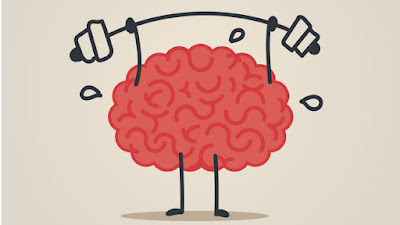What Your Social Distancing Stance Says About You
 |
| via iStock |
Okay my friends. We're really in the thick of it now. Enough time has passed since the start of social distancing that the novelty has worn off, and we don't have the prospect of anything exciting happening in the near future to distract us. In this season of limbo and empty schedules, have you noticed any patterns coming up within yourself?
Social distancing is bringing up core issues of our past.
This pandemic is not a personal attack against anyone on the planet. However, as humans, we have a tendency to take things personally. Somehow, this pandemic is the cherry on top that confirms what you have always feared such as being abandoned, being a failure, or being out of control. I'm bringing this up because fighting a pandemic is hard enough without our past issues adding increased emotional distress. You don't deserve it. Please be kind to yourself! Below are the 4 coping stances by Virginia Satir that you may be noticing about yourself.
😠🤬😤
Blamer
- Anger, Resentment, Disappointment
- The blamer stance is connected with their self and environment while disconnected from others.
🤐😔🙃
Placater
- Fear, Anxiety, Desperation
- Physical symptoms like headache, stomachache, getting sick
- The placater stance is connected with others and their environment while disconnected from their self.
😒😬🤓
Super-reasonable
- Fear, Helpless, Powerless
- Following all the latest news updates, Sounding distant or disconnected when talking.
- The super-reasonable stance is connected to their environment while disconnected from their self and others.
🥱😂🤪
Irrelevance
- Distracted, Joking, Disengaged
- Falling asleep, Ghosting, Using drugs or alcohol for the purpose of disengaging, Binge-watching shows or excessive social media use, Avoiding serious or negative conversations by telling a joke or sharing a funny video
- The irrelevance stance is disconnected from their self, others, and environment.
So now that you have observed one or more of these stances, what can you do? The most important thing is having awareness about the stance, and attempting to be equally connected to your self, others, and your environment. Based on your stance, you may need to focus on connecting to one of the three areas.
Some ideas for coping:
- Establish a daily routine
- Connect with family and friends
- Talk to a therapist or videochat with a therapist
- Practice Self Care and mindfulness
- Volunteer to help others in your community
- Choose one or two news sources to consume, and one time each day to consume them

Comments
Post a Comment